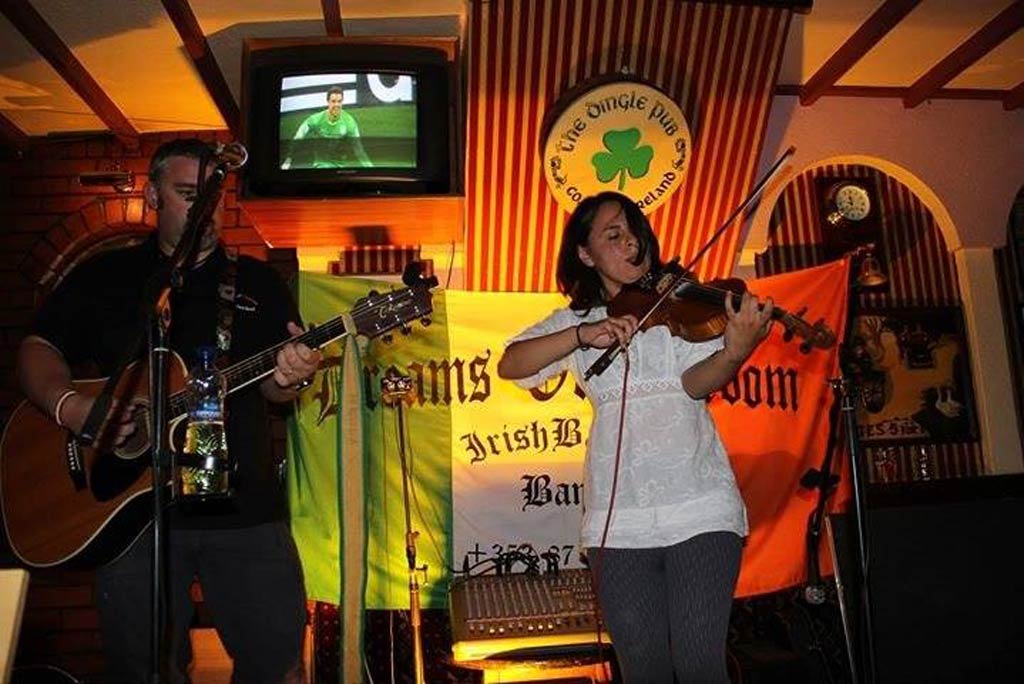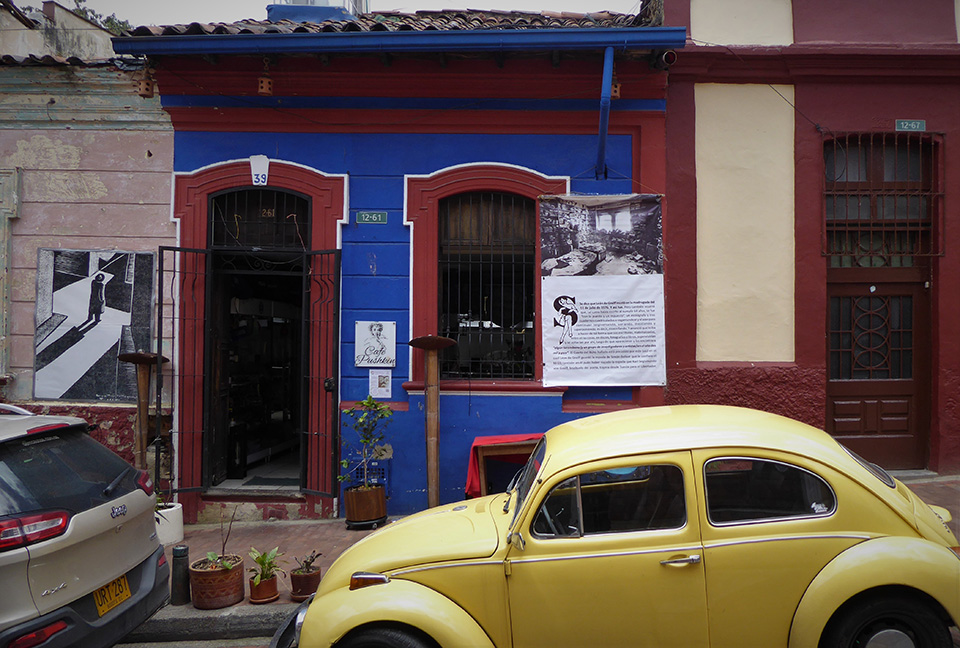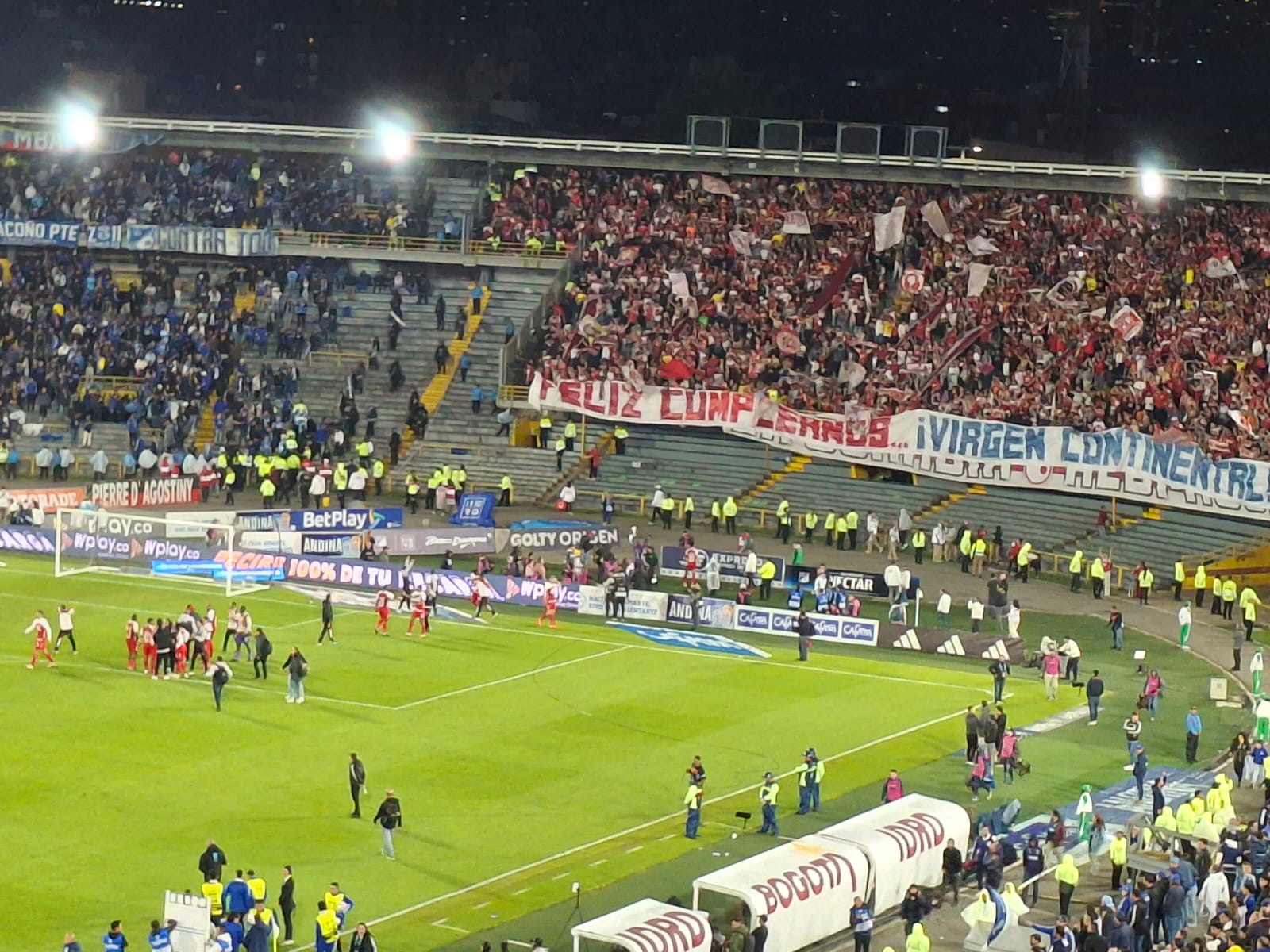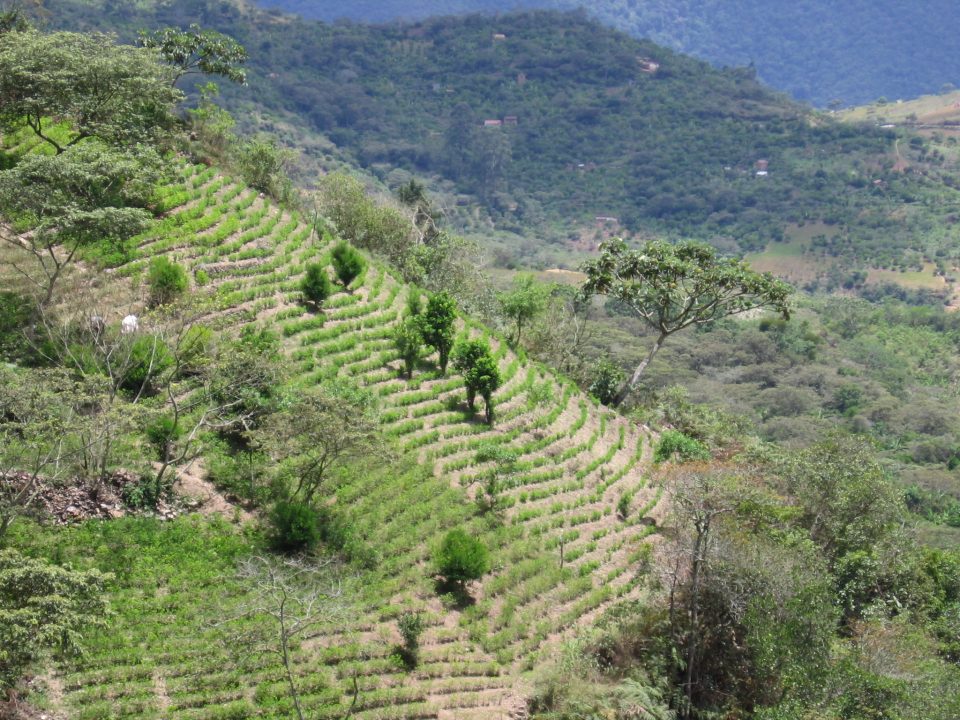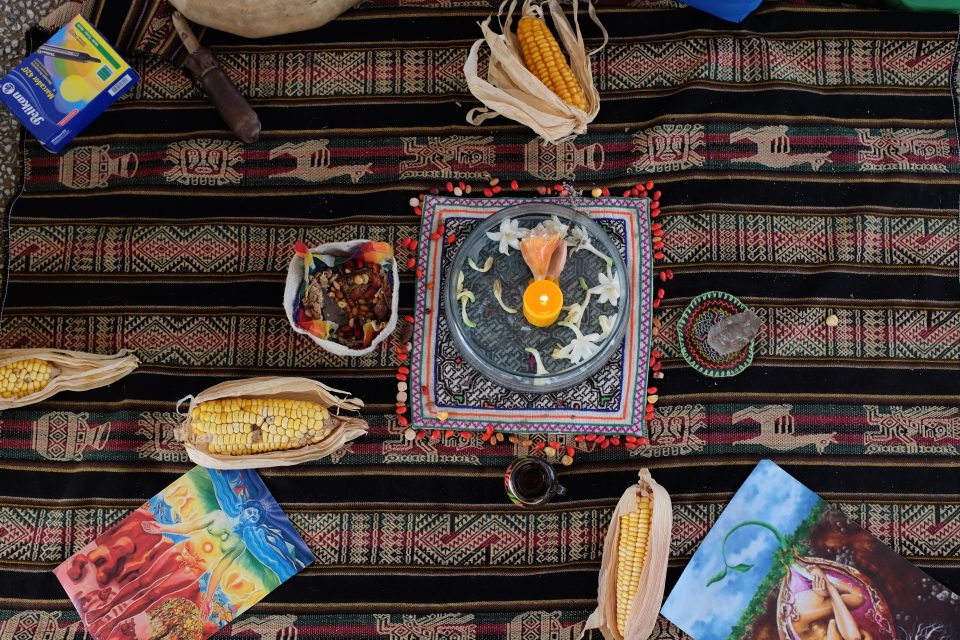Latin America (LATAM) has been referred to as the new frontier for impact investing – investments made with the intention to generate profit alongside a social or environmental return – but this is still an untapped concept in a region full of potential.
Therefore, The Bogotá Post sat down with Jacqueline Novogratz, an impact investing pioneer, one of the world’s “100 Greatest Living Business Minds” according to Forbes, and a keynote speaker at the recent Latin American Impact Investing Forum (FLII), where 700 experts from 25 countries convened.
Novogratz is the founder and CEO of Acumen, a global nonprofit changing the way the world tackles poverty, which has invested more than $135 million in more than 100 social enterprises worldwide.
Novogratz – wearing a bright pink, crimped dress and dark turquoise hat – spoke with an overwhelming serenity and passion about Acumen’s projects in LATAM, particularly in Colombia, and how the region’s impact ecosystem compares to others.
When she left her credit analyst job to explore how to make a difference in the world in the 1980s, she found herself in Brazil. However, with almost no sector for microfinance in LATAM, she moved to Rwanda to help start the first microfinance bank. This is no longer the case. LATAM – which Novogratz refers to as a warm and loving region – has an impact investing ecosystem that is beginning to make significant progress.
The following is an excerpt from an interview with Novogratz that has been edited for conciseness and clarity.
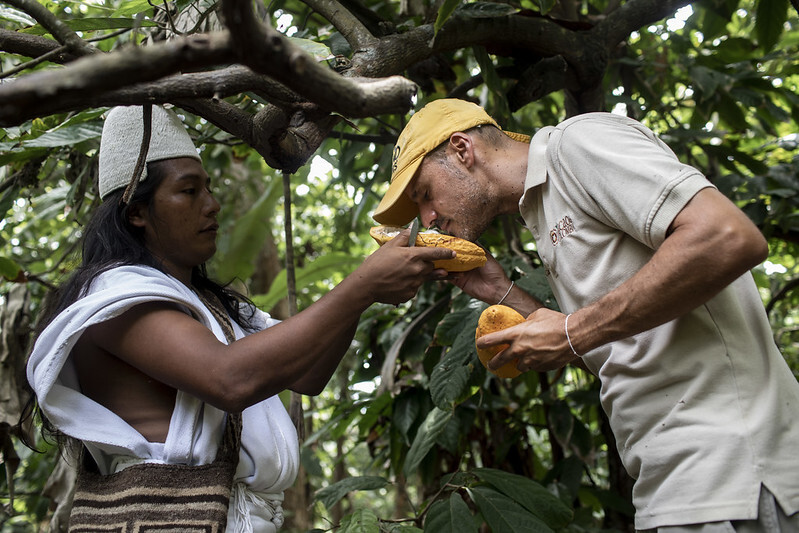
The Bogotá Post: During your keynote at FLII, you started and rounded off your speech with words of gratitude. Is that a part of leadership that you deem necessary? Have you seen similar forms of leadership in LATAM?
Jacqueline Novogratz: LATAM is a region that oozes joy and gratitude in humbling ways – and they should never hide that. Gratitude is also absolutely key to the leadership that the world needs today. We live in such a cynical time. Yet, behind the darkness is possibility and beauty. My team helped me see that beauty, joy, and gratitude are at the center of where effective leadership needs to be. If we look at Volodymyr Zelensky, he does not shy away from expressing how ugly things are, yet he exuberates a feeling of gratitude for the people fighting for their country.
TBP: You have spoken about the importance of pairing ancestral knowledge with modern technologies. Do you think this is essential for the region’s development?
JN: This is an important conversation that I don’t see happening enough. It is essential for the world’s development – and it’s nuanced. Some people see indigenous knowledge as the only way forward, and others are fully focused on how we’ll be saved by modern technology like artificial intelligence (AI) and the metaverse. The challenge is to find a way to utilize ancient wisdom – the beautiful things of the past – while removing what no longer serves us.
For example, fertilizer and nitrates have arguably done a lot of damage, but it is estimated that 40% of the world today would not be living had we not had fertilizer. On the other hand, regenerative agriculture and intercropping from indigenous practices are so powerful that they could help us move into the future.
*Intercropping: the practice of growing two or more crops in proximity to each other.
TBP: Acumen was able to build a successful partnership with the Arhuaca indigenous community in Colombia to create Cacao Hunters (an enterprise promoting heirloom varieties of cacao in indigenous and post-conflict regions of Colombia). Why did this commercial partnership have success? How did you build trust with the Araucanos?
JN: I’m lucky to work with effective and courageous leaders like Acumen’s Latin American Director, Virgilio Barco, who have a deep respect for indigenous people – who have been long overlooked, underestimated, and exploited – and understand the opportunity to use business as a tool for peace.
Carlos Ignacio Velasco and Mayumi Ogata, co-founders of Cacao Hunters, took four years to introduce themselves to the Arhuaca to reintroduce white cacao, which was a forgotten sacred fruit once used in ancient rituals. The patience and trust-building built a level of confidence that is rare when dealing with power dynamics that have been assumed unequal.
Mayumi and Carlos approached them with great humility and found ways to connect their identities. Mayumi is a Shinto-Japanese woman, and in Shintoism, Kamis – divine spirits or gods – are in everything. The Arhuaca may use a different language, but this is also at the heart of their cosmology.
When I met Mamo Camilo, a spiritual leader of the Arhuaco, I questioned what would happen if the extra income started moving needs to wants. He looked at me and said: “There’s always a risk. The moment this partnership moves our community out of balance is the moment it ends.” This level of confidence and assertion that we are equals meant success to me.
Our challenge as a world is to find ways to live together that bring everyone possibility – that takes more than advanced technologies and extensive business plans. This takes moral imagination, humility, and listening.
TBP: You said in your keynote that the world is ever-more interdependent. Therefore, what do you think the European impact investing ecosystem can learn from LATAM?
JN: So much. In Colombia, where 50 years of civil war has created a national lack of trust, social entrepreneurs have to immerse themselves in communities with a great sense of humility, confidence, and creativity – and they do so in ways that take my breath away.
They also have access to networks that allow them to build much more robust supply chains than we often see in other regions.
Sometimes impact investors will have to accompany entrepreneurs for two or three years before they are ready for an investment. That’s a serious level of commitment, time, and money. Yet, if we are going to use business as a tool for peace in communities affected by war, violence, and poverty, we need that kind of partnership and accompaniment. European impact investors can learn patience, true listening, blended capital, and measure what matters, not just the things we can count.
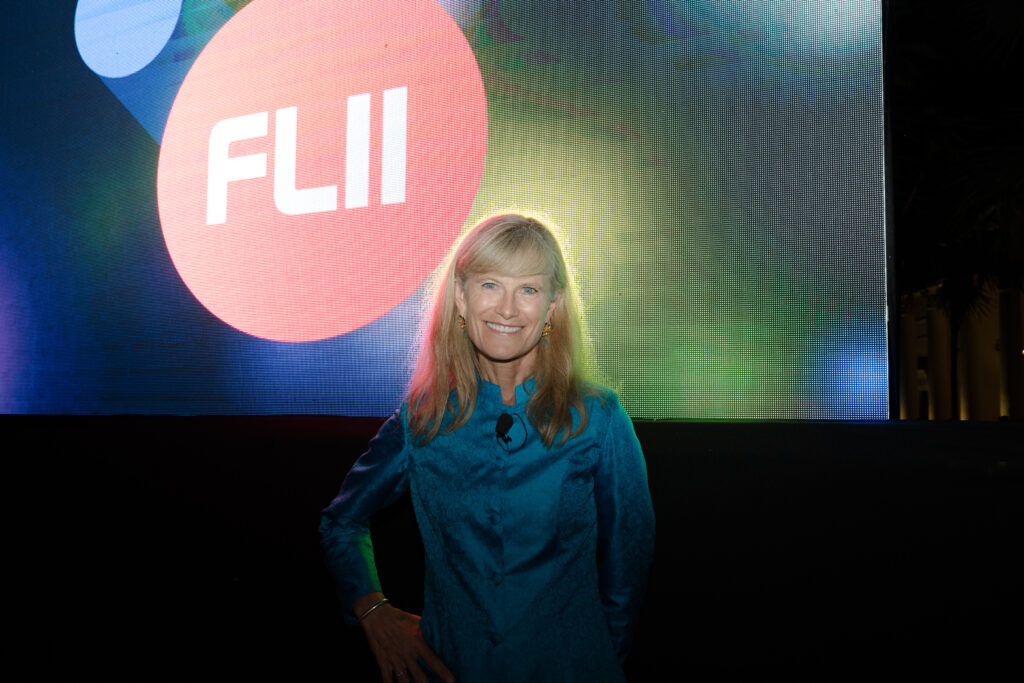
TBP: In the European impact investing ecosystem, there’s a lot of discussion about Impact-Weighted Accounts and metrics. Do you think these models can be easily transferable to LATAM?
JN: We created a model at Acumen called Lean Data, which became a for-profit company called 60 Decibels to make lean data a global standard for impact measurement. The fundamental starting point for measuring what matters is listening to the people being served.
What Lean Data does is ask a set of questions to a large sample of customers from a company to deduce how their lives changed with a particular product. With this, as an impact investor, we know across a sector, like solar, which companies have the greatest poverty effect or environmental impact. It isn’t the only way to measure impact, but if we leave out the voices of those we’re serving, we are measuring impact from the lens of those who control the money.
TBP: Despite 700 people at FLII, impact investing in LATAM is still viewed as a “new frontier.” What can be done to encourage the growth of the sector?
JN: It is partly a generational issue as my generation was quite comfortable with business as usual. But the next generation understands the power of a new way of doing business – getting close to the problems to build solutions. In fact, many young entrepreneurs came up to me at FLII to say they were taking courses at Acumen Academy. There’s a hunger to learn, making way for a cauldron of creativity.
LATAM has its own share of corruption, but my wish is for the population to internalize and see that their governments and corporations are willing to partner with social entrepreneurs, unlike in other regions of the world that struggle with high levels of poor governance and a lack of multigenerational wealth.
I met someone working in off-grid solar who has a partnership with the Colombian government; they subsidize every single solar unit they sell. That does not exist in the continent of Africa, where you have 650 million people who still need solar energy. Cacao Hunters also partnered with Crepes and Waffles, who buy the chocolate to put in their high-end ice cream. That’s a chocolate company with a narrative and product fit for the domestic market and the elite population with significant income to spend. This is a model for scale that could teach the rest of the world.
Europe has had effective governance to some extent, so a generation is still saying: “The government can solve that.” In LATAM, that is not the go-to at all. To scale the impact investing ecosystem, the region needs more partnerships. Governments won’t solve all the problems of poverty, but neither will entrepreneurship by itself.

